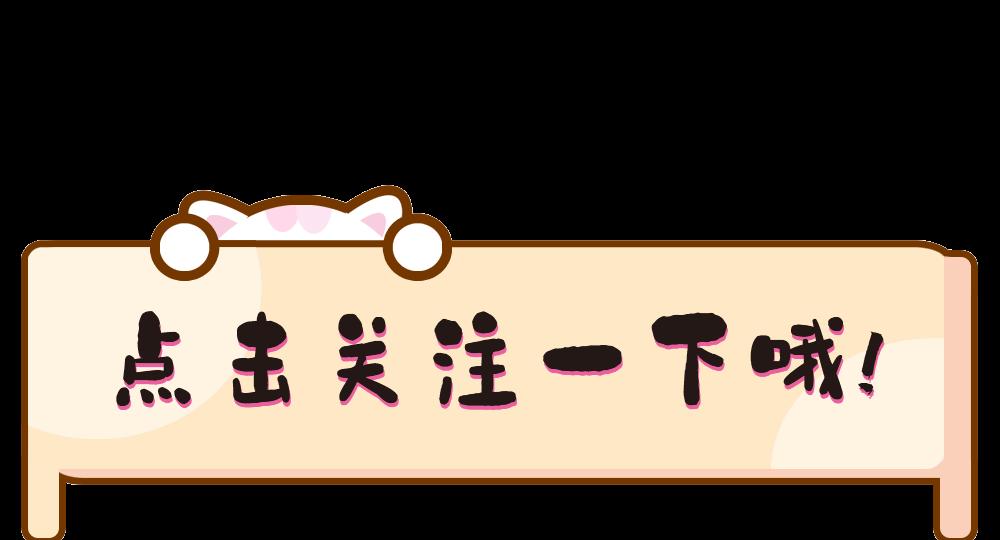
Source of this article: Hao Guizhi, Liao Lifang, Jiang Weilian. Qualitative study on the experience of consuming lotus powder thickeners in patients with post-stroke swallowing disorders[J].Journal of Practical Cardiovascular and Cerebrovascular Diseases,2021,29(8):41-47.
Please scan the QR code below the article for the original text, or click the official website: www.syxnf.net
Post-stroke dysphagia is one of the common complications of stroke patients, and effective swallowing function assessment and thickening food intervention in patients with post-stroke swallowing disorders can improve their prognosis, effectively maintain their nutritional status, promote the recovery of swallowing function, and reduce the incidence of complications. However, at present, the evaluation and intervention of swallowing function in patients with post-stroke swallowing disorders in China are mostly quantitative studies, and there is a lack of qualitative research, which makes it difficult to deeply understand the perception and experience of patients and their caregivers. Hao Guizhi, Liao Lifang and Jiang Weilian of Guilin People's Hospital dug deep into the real experience of eating lotus powder thickeners for patients with post-stroke swallowing disorder through qualitative research, which provided reference and basis for formulating and improving the intervention strategy of consumption of lotus powder thickeners for patients with post-stroke swallowing disorder.
1 Research Methods
From October 2019 to March 2020, 12 patients with post-stroke swallowing disorder and 12 cases of their main caregivers were selected as research objects. Face-to-face interviews were conducted with patients with post-stroke swallowing disorders and their primary caregivers to understand the patient's true experience of consuming lotus powder thickeners. The main interviews included: negative reactions to indwelling pipes; how to experience after eating lotus powder thickeners and whether the preparation method of lotus powder thickeners is easy to grasp; whether they know the types of foods eaten by patients with swallowing disorder after stroke, the position during eating, the management of drinking water and eating drugs; and whether they know the first aid measures for aspiration and coughing. Colaizzi 7-step analysis was used for data analysis.
2 study results
A total of 3 themes were analyzed and extracted: (1) the role of edible lotus powder thickeners was recognized: edible lotus powder thickeners can meet the nutritional intake needs of patients and maintain stable gastrointestinal function; edible lotus powder thickeners can reduce the occurrence of unplanned extubation. (2) Lotus powder thickener is convenient for patients to swallow, improve their willingness to eat, and enhance their confidence in disease recovery. (3) Resistance factors for disease recovery: lack of safety management knowledge of eating, lack of knowledge of determination and emergency management of aspiration, patients have the risk of volume depletion, and patients have negative emotions of anxiety, irritability and depression.
3 research conclusions
Patients with post-stroke swallowing disorders recognize the role of taking lotus powder thickeners, but there are still certain resistance factors in the process of disease recovery, and nursing staff need to focus on the resistance factors of disease recovery, strengthen nursing interventions, and promote patients to return to family and society.
Editor of this article: Li Yuena